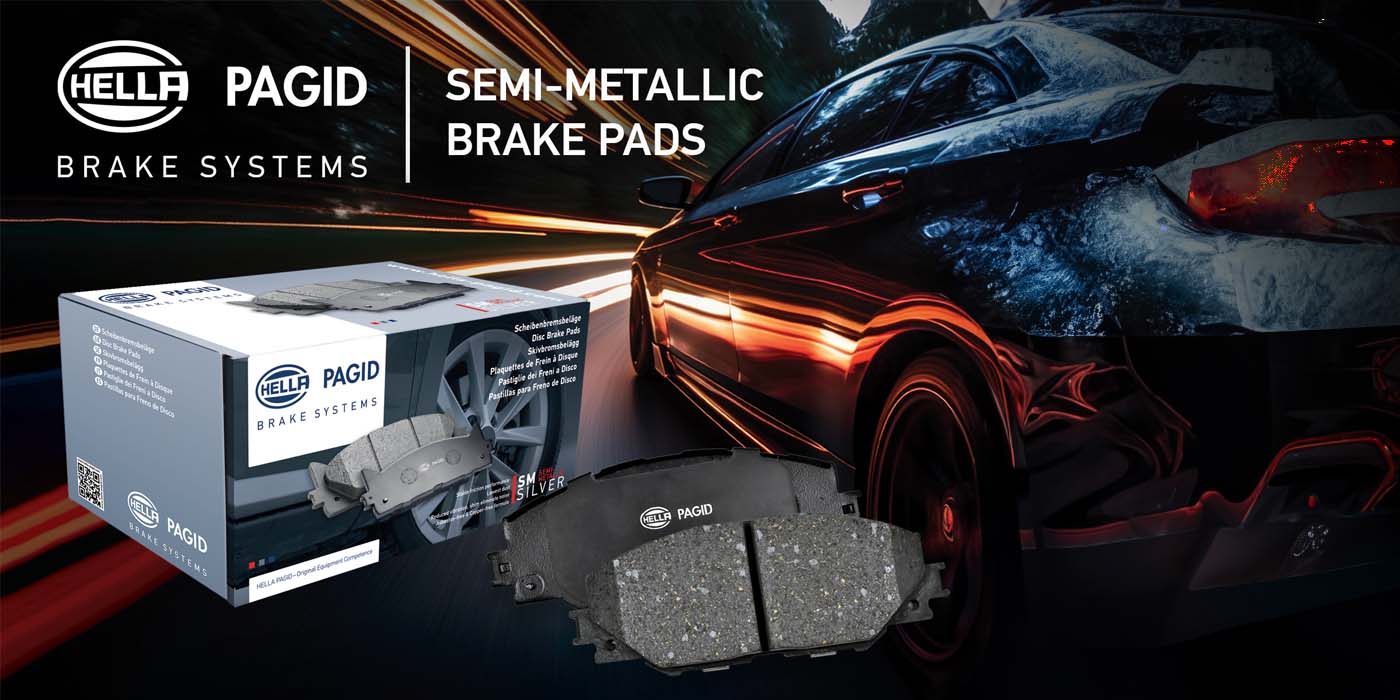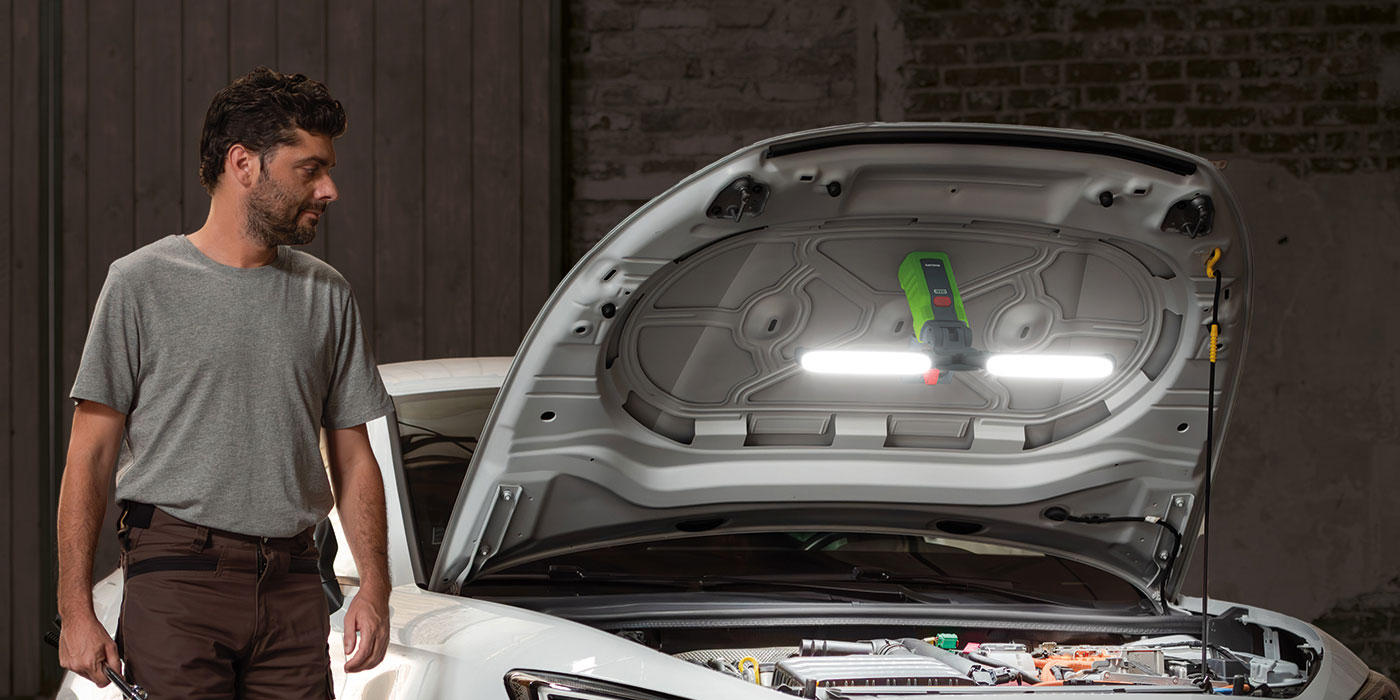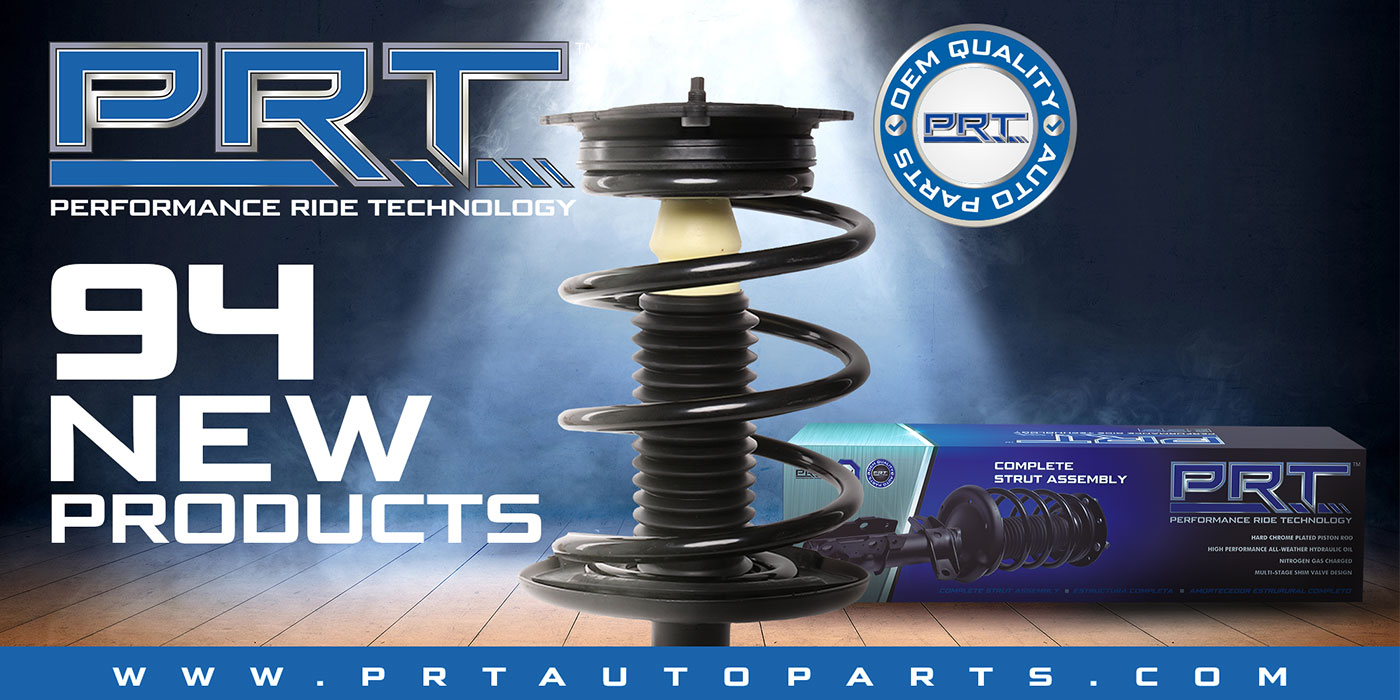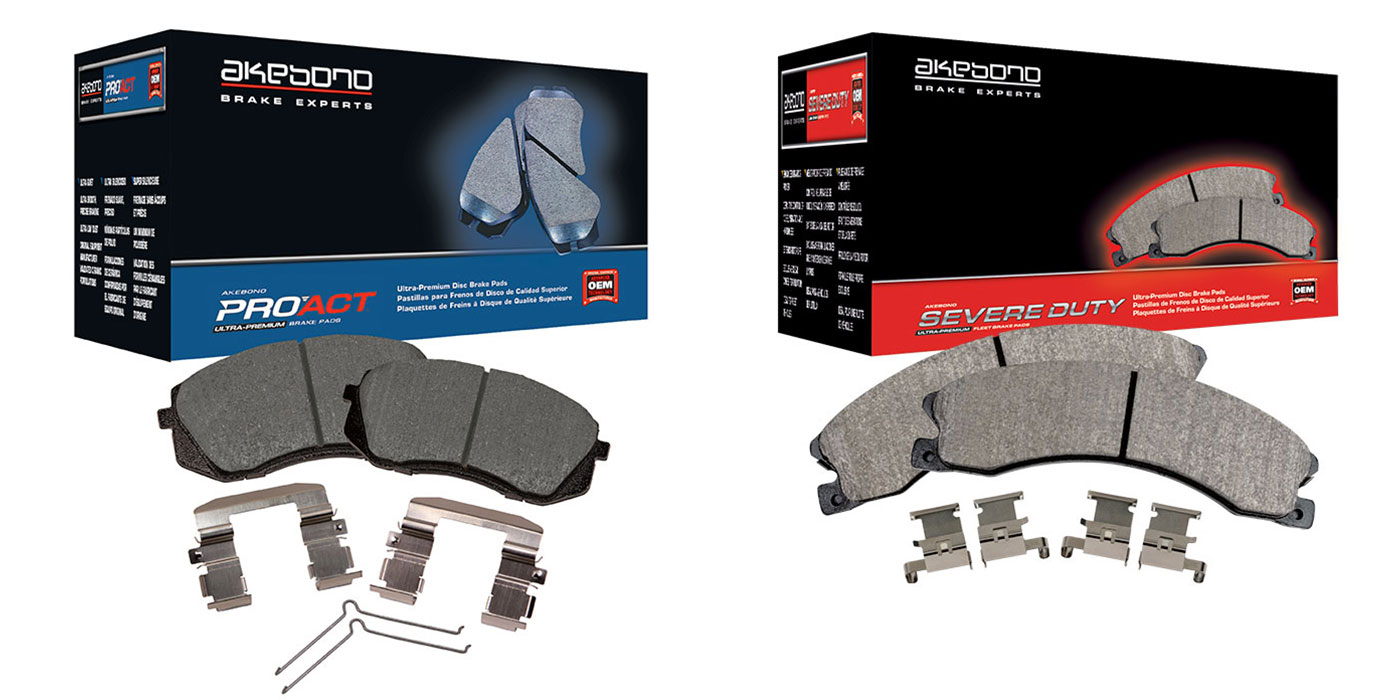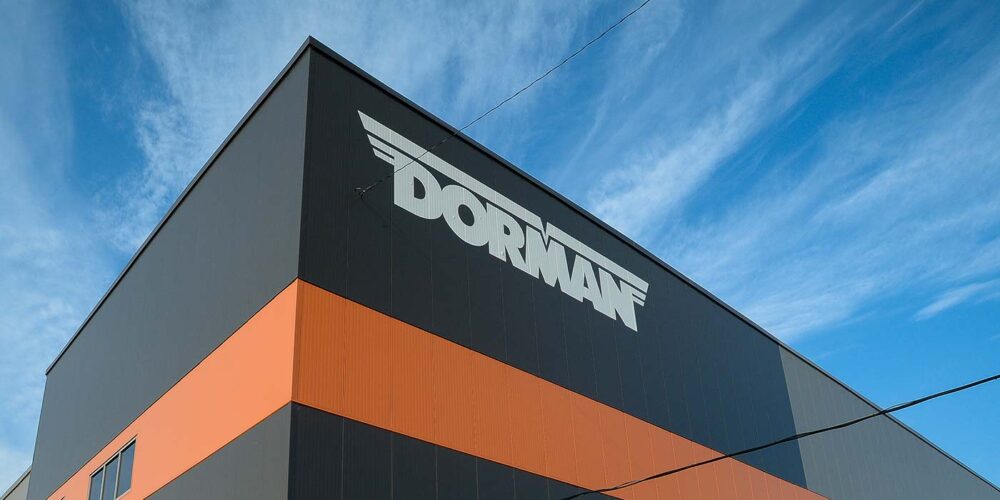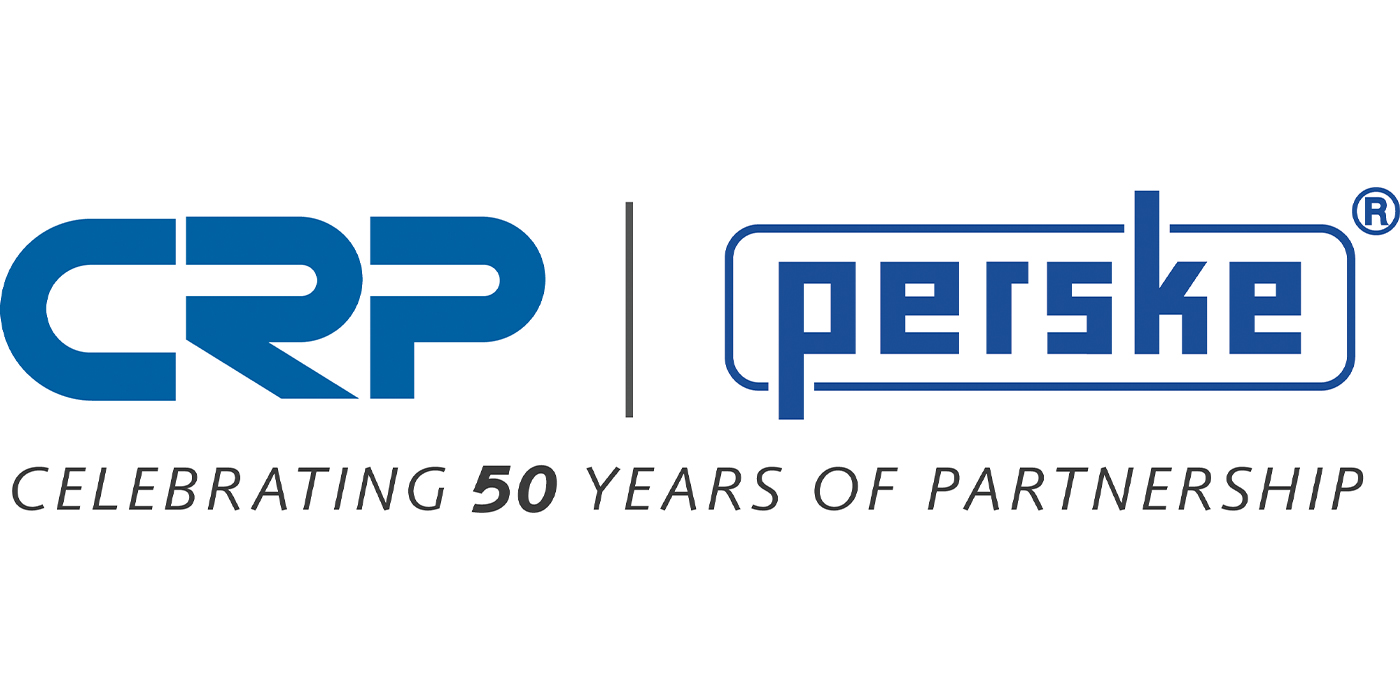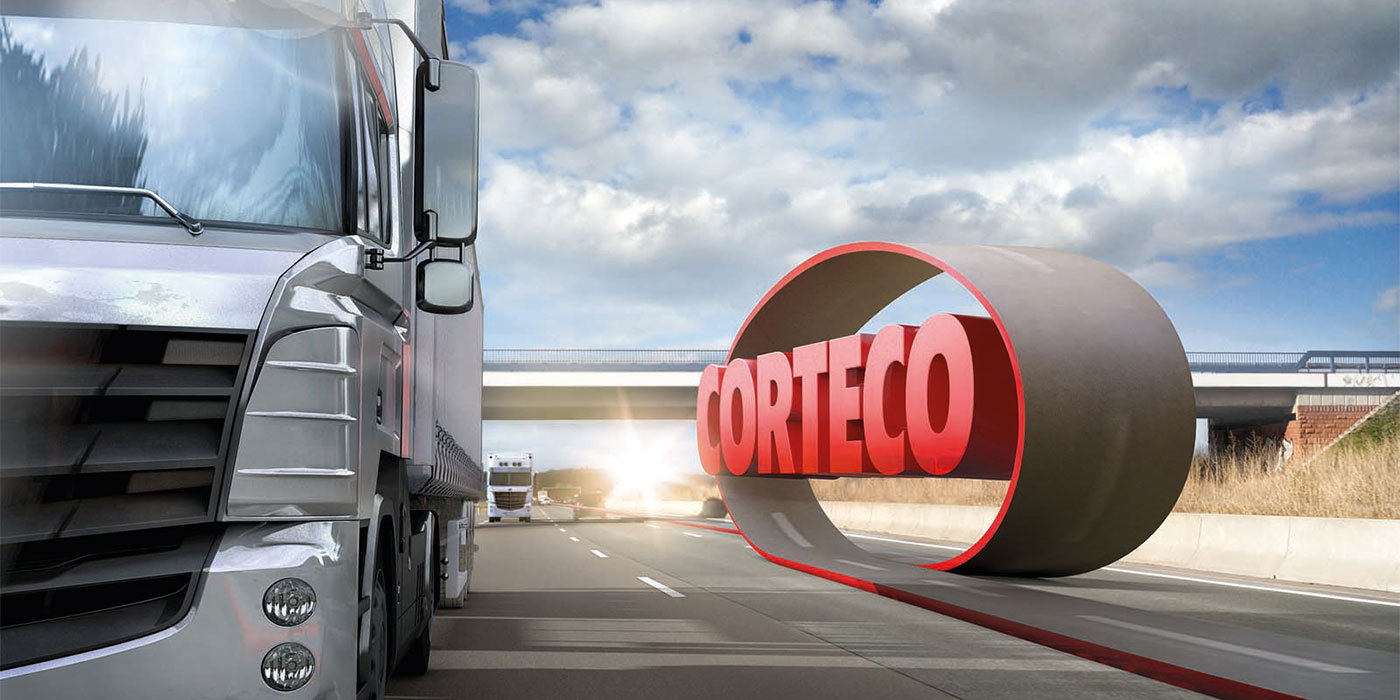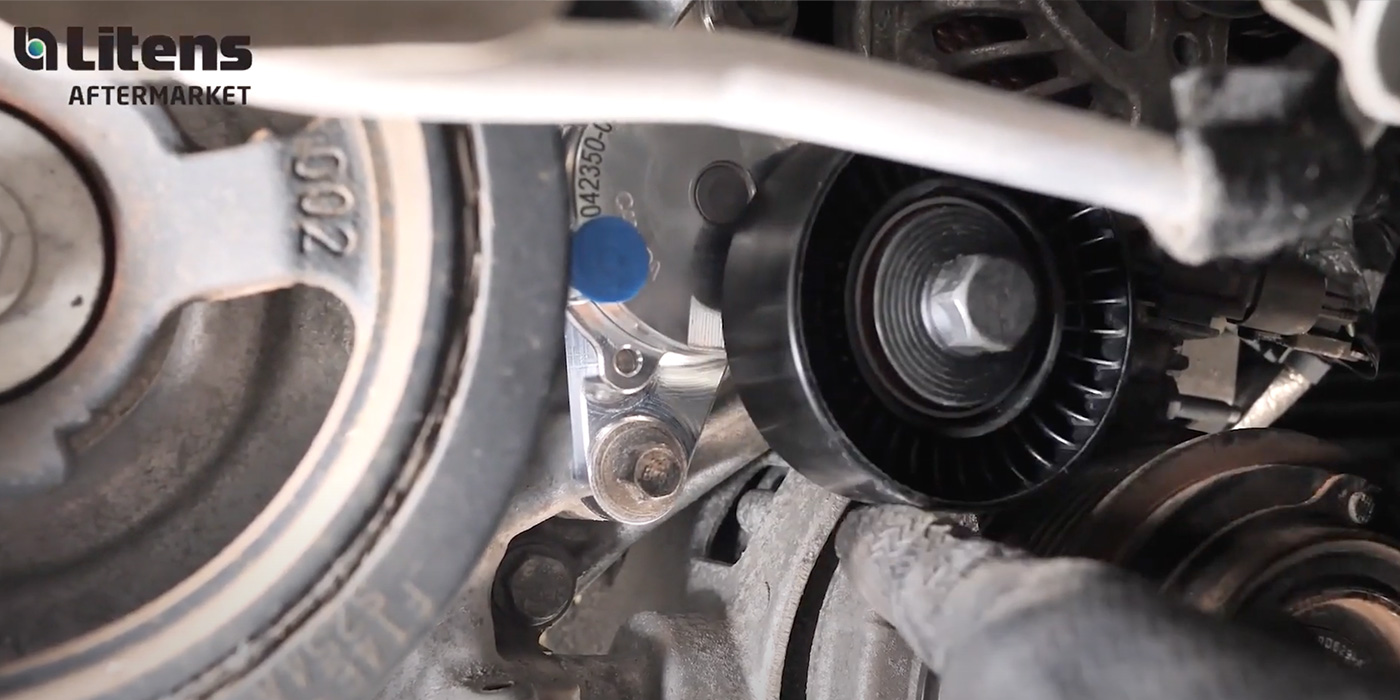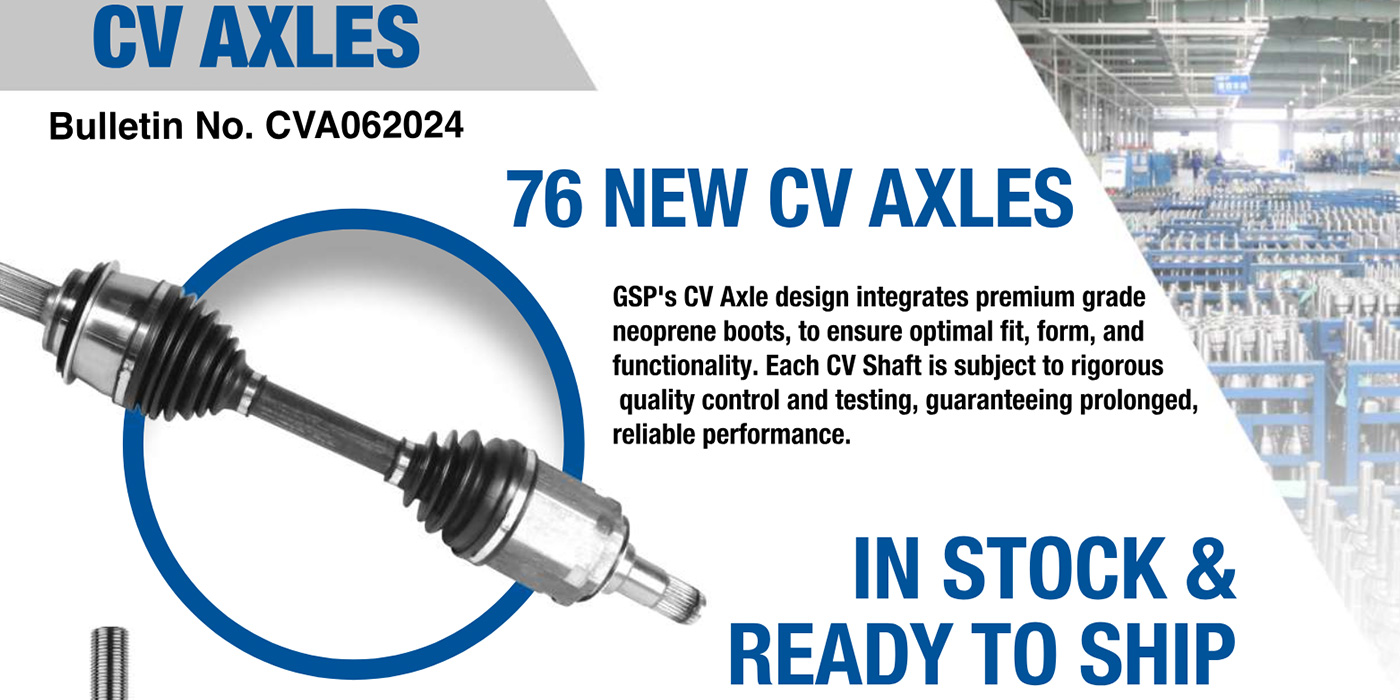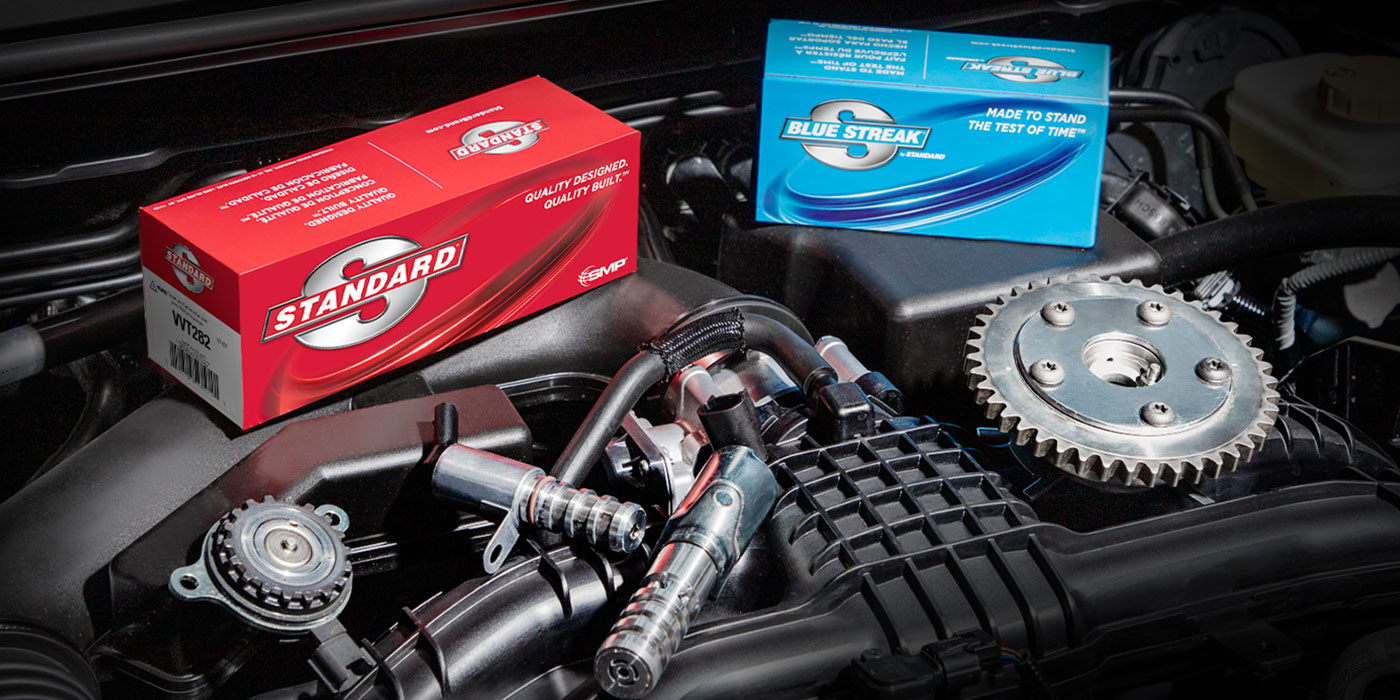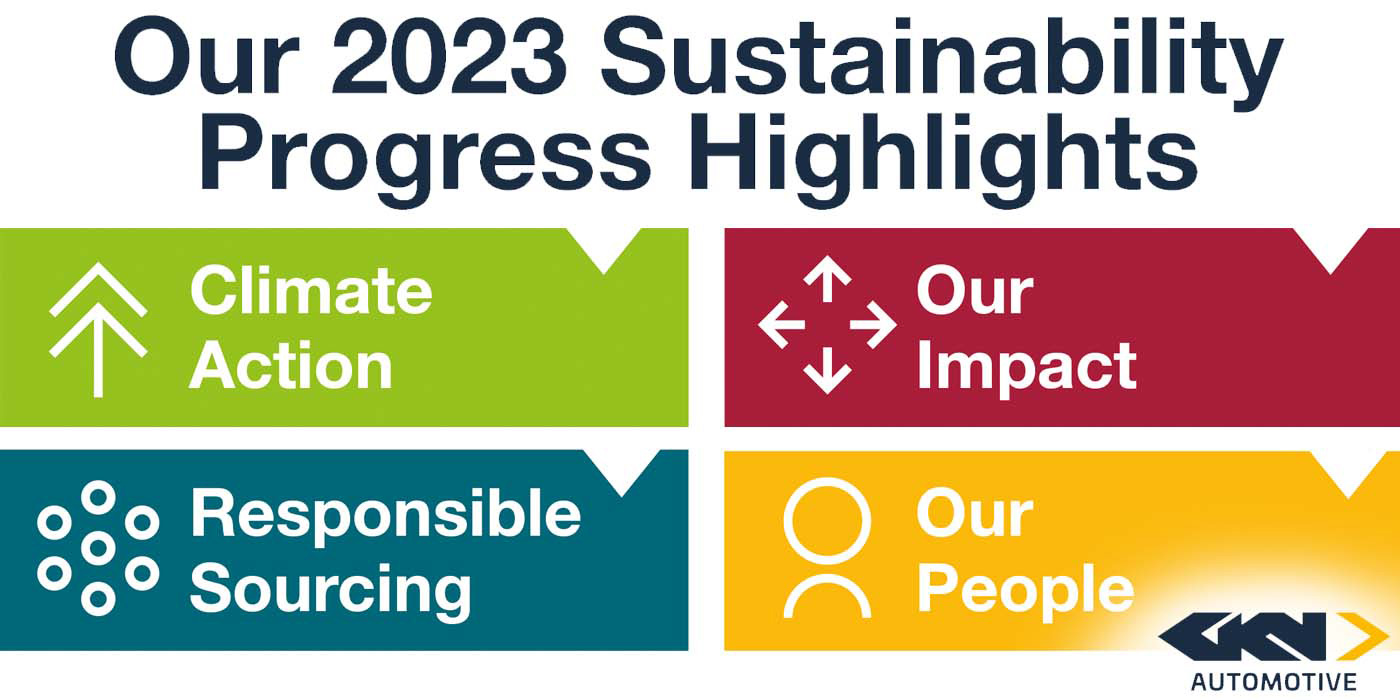WASHINGTON, D.C. – California, Texas and Florida lead the U.S. with the most registrations of fuel-efficient clean diesel and hybrid passenger vehicles according to a new analysis and data released today by the Diesel Technology Forum. 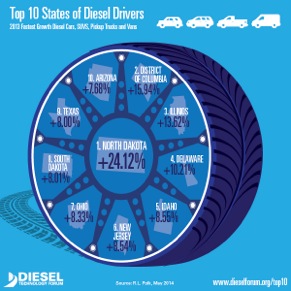
The analysis is based on data that includes the registration statistics of all passenger vehicles – cars, SUVS, pickup trucks and vans – that were compiled by IHS Automotive (formerly R.L. Polk and Co.) in all 50 states and the District of Columbia through Dec. 31, 2013.
“Consumers have an ever-growing number of choices for more fuel-efficient vehicles and this analysis shows that clean diesels are gaining in popularity all across the nation,” said Allen Schaeffer, executive director of the Diesel Technology Forum. “Diesel car registrations are up 30 percent since 2010 while the overall market only increased 3.6 percent.
Clean Diesel Vehicles Are 30 Percent More Fuel Efficient Than Gasoline
“Clean diesel technology is likely to continue to grow in the U.S. based on consumer acceptance of diesel as a clean and proven high-fuel economy choice. Diesels are about 30 percent more fuel efficient than gasoline vehicles and do not require compromises in vehicle performance, driving patterns or vehicle utility.
“Clean diesels also deliver a competitive or superior total-cost-of-ownership compared to other fuel efficient technologies. The increasing number of diesel offerings from manufacturers reflects their confidence in the technology and its importance as they select fuel-efficient strategies to meet the 2025 higher fuel economy requirements,” Schaeffer said.
Illinois, Arizona & California Are Showing Fastest Growth in Diesel Car Registrations
According to the new data, Illinois (+25 percent), Arizona (+15.5 percent) and California (+11.3 percent) lead the pack of states with the fastest-growing registrations for clean diesel cars and SUVs (2013 vs. 2012).
“One of more interesting findings is the universal appeal of clean diesel cars trucks and SUVs as we see new registrations of diesel cars trucks and SUVs growing in all regions of the U.S. – red states, blue states, urban and rural regions alike,” Schaeffer said. “This can be explained by clean diesel cars proven fuel efficiency and because diesel fuel is widely available at more than half of all service stations today.
Western States Like Wyoming, Montana & Idaho Have Highest Percentage of Diesels
On a percentage of all registered vehicles – cars, pickup trucks, vans, SUVs – basis, there are more diesel drivers in Western states like Wyoming (10.8 percent), Montana (8.1 percent) and Idaho (6.9 percent).
“Consumers there have long valued the high fuel efficiency and driving ranges of diesel vehicles – some which approach 800 miles on a single tank of fuel,” Schaeffer said. “But these results show an equally high interest in clean diesel in populated and more urban states. Among the top 10 states for diesel car and SUV registrations in 2013 were California, Texas, Florida, Pennsylvania, Washington, New York, Illinois, North Carolina, Virginia and New Jersey.
Diesel Pickup Trucks Are Always Popular In The West . . . And Now Gaining Ground in the Northeast
“The popularity of diesel powered pick-up trucks in Western states is a well-known, but five of the top 10 fastest growing states in 2013 for diesel pick-up trucks are Northeastern states – Vermont, Delaware, New
Hampshire, Massachusetts and Rhode Island,” Schaeffer said.
“Pick-up trucks continue to dominate the overall registration numbers for diesel, but we can see that changing in the coming years as new diesel engine options appear in an increasing number of cars, crossovers, SUVs and light-duty and compact pick-up trucks.”
Diesel & Hybrid Registrations Are Both Increasing
In 2013, diesel registrations increased by 410,040 nationally and hybrids increased by 531,385. The analysis also showed that while overall diesel sales were up 30 percent in the 2010-2013 period, hybrid sales increased by 64.5 percent.
“We fully expected that hybrids would outpace diesel sales based on the number of choices available to consumers during this timeframe,” Schaeffer said. “In 2013, there were 23 diesel cars and SUV choices for consumers, but more than double that – 50 choices – of hybrids. We are poised, however, to see the number of clean diesel choices grow in the next 18 months to encompass more vehicle classes and price ranges which will make diesels increasingly accessible to more consumers. Already we know of 16 announced new clean diesel options that are coming to the U.S. later this year through 2017.
Million Diesel & 2.8 Million Hybrid Passenger Vehicles Now Registered In U.S.
Among passenger vehicle registrations, diesels currently account for more than 7 million vehicles while hybrids account for 2.8 million vehicles in the U.S., according to the Polk data. Diesel registrations accounted for 2.8 percent of all passenger vehicles – cars, SUVs, pickup trucks and vans. However, diesels accounted for 10.6 percent of all pickup truck registrations.
“Diesel cars and SUVs are emerging in the U.S. market,” Schaeffer said. “While diesels account for about 50 percent of all auto sales in Europe, diesels are a more modest three percent in the U.S. But clean diesel vehicles are poised to take off, as evidenced by the number of clean diesels being introduced in the U.S. market and there will an estimated 60 diesels vehicles available by 2017. As a result we could see the diesel market in the U.S. reach 10 percent by 2020 as American learn more about the proven real world fuel efficiency benefits and long term value of the new clean diesel technology.”

